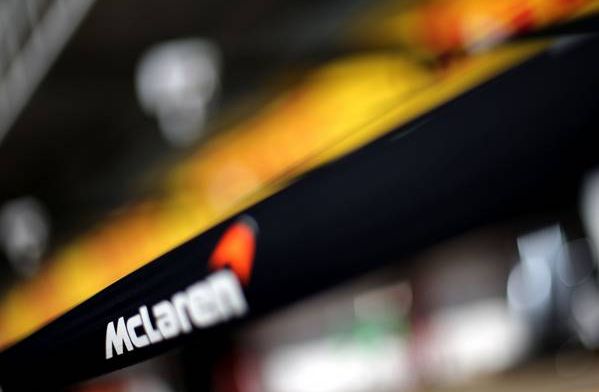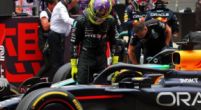Column

Column | Did McLaren damage Hamilton's title challenge?
McLaren has had a brilliant first season (turbo-hybrid era) with engine supplier Mercedes in 2021. Their performances have noticeably taken a step forward with improvements in reliability and performance, allowing the Woking squad to take one step closer to the front of the field before the 2022 regulations. However, have the tread on the toes of their supplier in their outstanding performances this season?
Precursor
Formula One has had a long history of teams purchasing other teams’ engines for their season campaigns. This allows the customer team to benefit from an engine with particular features they may desire, as well as providing the works team with monetary repayments for the service. Usually, it is much easier for a team to challenge using an engine of their own design. It elevates their status from a customer team to a works team, allowing them more responsibility and control. It also allows the engine and car design to be much more of a “controlled” ordeal, with designs specialised by the team, instead of requiring the customer to try and shape it around the purchased item. However, designing and maintaining an engine department is highly resource-intensive, so some teams regularly avoid it.
In McLaren’s case, their decision for the 2021 season had to be a measured one. After a rough spell with Honda at the beginning of the turbo-hybrid era, the switch to Renault engines allowed the Woking squad to begin their renaissance. As the team had managed to iron out the issues that they faced in seasons prior, they were faced with an opportunity to switch to the dominant Mercedes engine, which they happily took. Thus, from the 2021 season forward, McLaren would reunite with their famous partner, Mercedes, which provided them with great success from the mid to late 2000s.
Performances
Resultantly, McLaren has been further able to push up the Formula One field. While they may have been hindered through inconsistent results through the seasons, the car performance was clear to see in the 2021 season. This was especially visible at the Austrian Grand Prix, where Lando Norris was able to hold his podium position for the majority of the race in the high altitudes of the Styrian hills. An even better example was at the Italian Grand Prix, where McLaren was able to record their first one-two finish since 2012, and the only one-two by any team in the 2021 season. Considering the circuit design and car demands, it was clear to see that engine performance was relied upon to achieve some of their great successes this season.
However, their engine supplier may not be so pleased. The Mercedes drivers of Lewis Hamilton and Valtteri Bottas had to often encounter the papaya cars in their races, as they consistently fought with Ferrari for the higher available positions in the race. This resulted in close battles between the teams, which may have hindered the chance for the German manufacturer to engage in close combat with their season rivals, Red Bull. Had this made a significant dent is Mercedes’ chances in the season, and will they potentially look for a way out from their deal.
Verdict
No. Simply put, the income earned from payments exceeds the cost of scuffles with the customer teams. The money earned significantly outweighs expenditure for the resource, as well as assists in R&D, allowing the team to push ahead anyway. With engine contracts agreed for usually two years, if not more, it is much harder for a team to break out of a deal (also considering potential one-season wonder performances). The expectation is that the works team will be able to reinvest into the aerodynamic design, weight reduction, energy efficiency and component reliability to overcome a car with the same engine.
There are only a few significant factors where a work team will deny a potential customer.
- Bad blood: the two teams have had a severe rift and rivalry in their working relationship in recent years. A rarity in modern and commercial F1.
- Championship rival. If the customer poses a direct threat to the titles sought after by the works team. The earnings from engine agreements would be far less than championship winnings.
- Resource constraints. If departments are stretched financially and logistically to their limits, then it is better to avoid such a partnership. This could potentially be a factor in the future with the cost cap and calendar fluidity posing unique organisational challenges.
Think of any more? Be sure to add it in the comments below!



















































